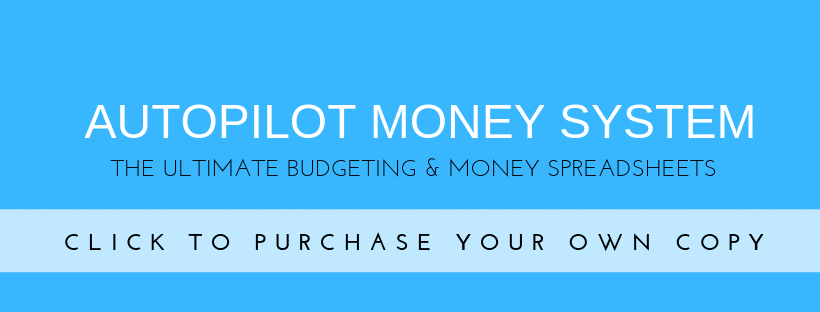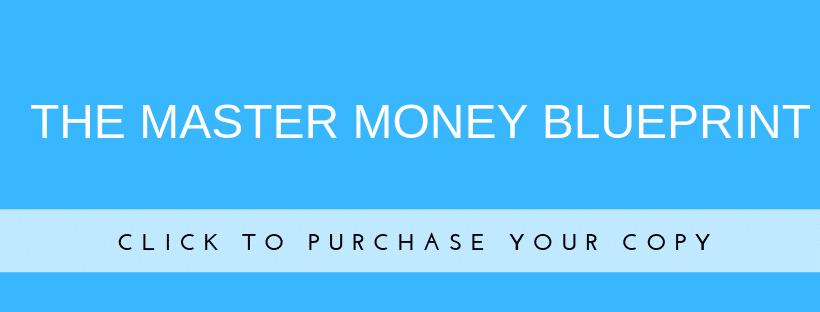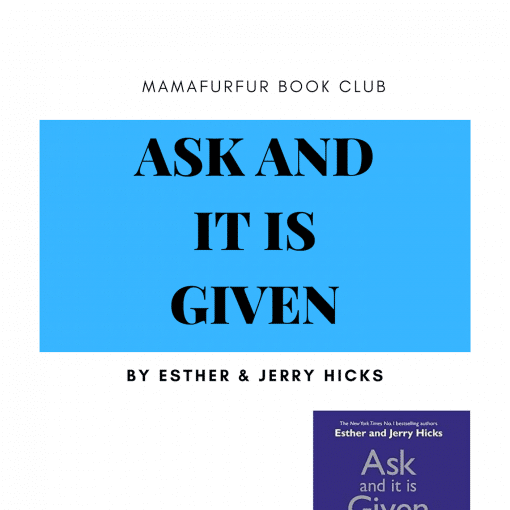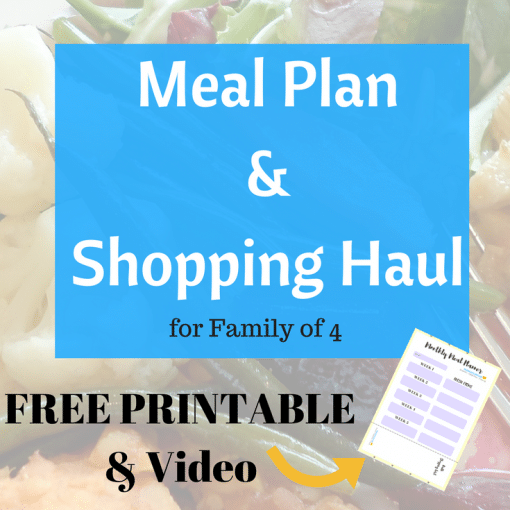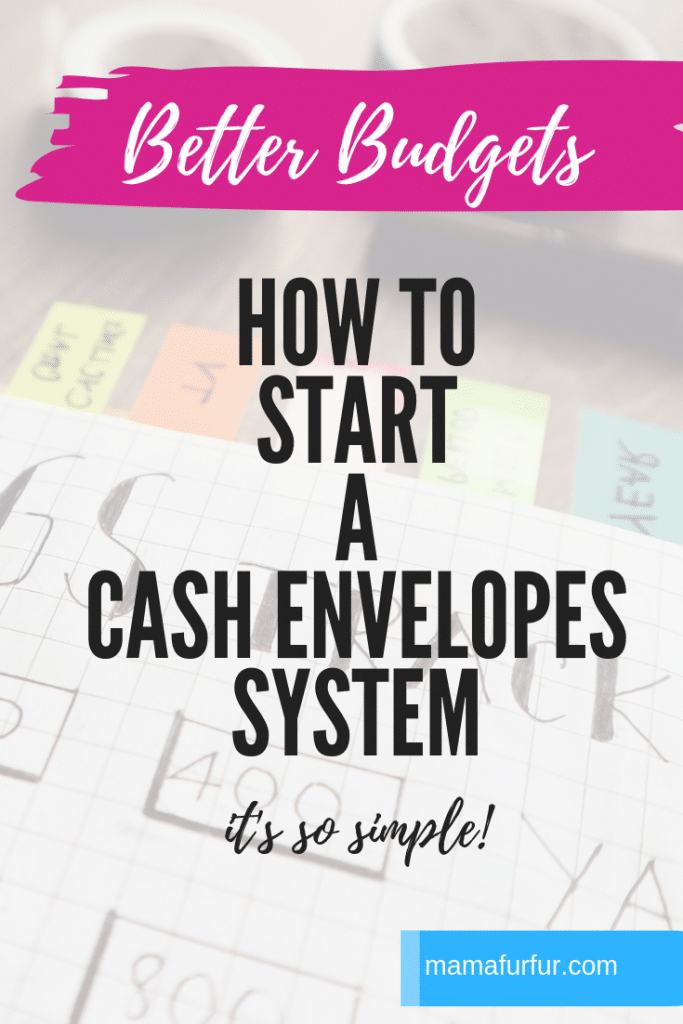 One of the most fundamental ways you can revolutionise and turn around your financial habits and status is by switching from paying by cards/Apple Pay all the time to handling as much of your life as possible in cash.
One of the most fundamental ways you can revolutionise and turn around your financial habits and status is by switching from paying by cards/Apple Pay all the time to handling as much of your life as possible in cash.
If you have ever heard of the “Cash Envelopes System” mentioned on various Dave Ramsey money management inspired communities, you will know that people are very much completely IN LOVE with Cash envelopes or turn the other cheek to their power for money management.
I’m here today to show you how I set up a Cash Envelope System for my family of 4 when I am budgeting, and use it regularly as part of our Financial and life Goal habits.
The Cash Envelope System, or using Cash Envelopes to manage your money and spending every week or month, really is where you work out how much of a budget you have for particular spending areas of your life and then withdraw the physical money to spend.
Once the money runs out in your envelope, that is it until the next time you have planned to top it up!
Simple but effective, and I’m here to show you how I create a system for my own family and why I feel it works really well when you need some discipline for your purchasing powers and saving goals.
Let me share with you the step by step process to creating your own system, and how it can change your financial life forever.
** DISCLAIMER – my blog and youtube channel are for information purposes only, and do not act as financial advice for every individual. Before changing any financial habit or investing, please ensure you are completely comfortable with your choices – it’s YOUR MONEY after all!
How I budget for my family
Budgeting can seem like a swear word to most people, and when you mention the word feelings of restriction and hardship seem to jump to the forefront of our minds.
However, budgeting or really having a “financial plan and direction” for your hard-earned income every month really is the only way that you will design life on your terms and allow you to create the life of your dreams.
Before we start thinking about using cash envelopes, you ABSOLUTELY MUST have completed a basic budget or spending report for your income to outgoings for ideally each pay day.
This means for every time you are paid, whether once a month/once every four weeks/once a week, you know how much of your money is for bills and then how much you have left over to use for the other areas of your life.
I follow the Money Stacks Method for our money management, where we split our income into our Essentials (Bills and living outgoings including food and transport); Long Term Saving Goals; Financial Freedom savings accounts; Fun money (guilt free spending); Giving to others; and finally money for Education & Growth as a family.
You can find out more about this Method which I created and has changed our lives for the better here:
I then sit down with my AutoPilot Money Spreadsheets and detail every planned bill/outgoing for the month ahead and use past information on our eating/travel to approximate the money we will need to allow us to live comfortable for the month.
You can see how I set up my Budget every month on my channel and blog with my “Budget with Me” series, for example here.
I have been creating a budget now for over 6 years, starting it when we faced getting rid of nearly £24k worth of credit card debt and we needed to do things smarter.
It is now the only way that I can imagine managing our money, and as they say – if you fail to plan, you plan to fail!
If you are struggling with Debt, you might find the below video useful to you right now to learn some excellent strategies to change your financial future once and for all:
How to save money consistently as a habit for life
The greatest advice I can give you here is EARN MORE THAN YOU SPEND.
If you are living with struggles of spending more than you earn consistently every pay cycle, you will be your own downfall (as the famous Motivational Coach Jim Rohn used to say) and will probably love trying this cash only method to really hold yourself accountable for spending.
I use the cash envelope system only on a few budget categories within our life – this is our Food & Transport budget and our Fun (guilt free) money as a family.
Our Education & Growth, Giving, Long Term Savings and Financial Freedom savings are contained within online accounts that I can access when we need them. I find that these spending areas of our life tend to be more online choices and easier for us to save up towards larger goals if held in an online account out of our way.
For Giving in particular, we often will feel inspired to give during the month and I will take the money from our account via transfer on my banking app to a debit account and then make the payment.
A money system that allows you to make better choices!
Having a physical and visual system for your money allows the relationship with money to change in your life.
Once you can see exactly how much money you have left for the time period, say a week ahead, and every transaction you make then has a consequence that you can physically see in front of you – it allows you to second check every financial purchase you make within some reason.
It turns a electronic or paper list of numbers in a budget “ideal” sheet to a very real source of energy within your life, and often this is why people swear by this system to change the relationship with money forever.
With everything, the first time you attempt to create a cash handling system it might not be perfect, but the key is to continue to use it for at least a month if you can to feel the effect of the change in your life for the better.
I talk in particular about the Energy of Money and using Cash in my book, the Master Money Blueprint, as a resource for changing and designing our life rather than the master of it.
This is just one of the 26 life-changing principles and techniques that I go into more detail that I believe will help you if you currently feel stressed or overwhelmed with your financial status right now.
Start with your budget
So first, start with your budget on paper or electronically.
As a family, our essential bills are ALL Direct Debit payments straight from our Bills current account taken out the 1st of the month.
I’ve set it up this way so that from the 3rd of each month approximately all we have left in our Bills account is left over money except for one further bill – our cat pet insurance which comes out middle of the month.
We use a Zero-based budget system, which means that it can be scary when you see your money go down to zero in your bills account as soon as you are paid every month – but every pound is allocated to a spending area.
If you are new to budgeting, you might find the below links useful to click on:
How to create a Budget that works – Step By Step
How to create a Baby Steps Budget – Dave Ramsey style money management
Catagorise your Spending
Now we have an outline of how much we are budgeting for each of the categories ahead such as Food and Transport and Fun money, I then take this amount and create a weekly total spend amount (basically our monthly budget amounts on the sheet divided by either 4 or 5 weeks depending on the month size).
For me, I do not like to carry large amounts of money around with me and so a weekly cash envelope system works best for how I like to manage my money.
I like the thrill of weekly topping up the envelopes, rather than waiting for each pay day and allows me to manage our spending better and more spread out.
Sometimes when we have a monthly amount, which is a huge amount of time really, that is when the bad habits of spending more than we should at the start and then having to live on crumbs towards the end.
A weekly cash envelope system allows me to keep control better in my opinion.
If we have money left over, we then carry it over to the next week OR I choose to transfer the money into our savings/Long term goals online accounts.
It really is up to you how you manage any surplus money every week or month, but very exciting none the less to have this happen even when you have had a great week together as a family.
Only use the money in that particular envelope
This seems like a no-brainer but really become strict with yourself about what qualifies for using your cash in each category envelope.
I personally merge our Food & Transport and Fun money together as one total amount for the week, and then once it is gone, it’s gone!
Keeping this in my purse is easy for me, as I can physically see what we have to spend for the week ahead prioritising food and petrol for life and work to happen without any issues.
You can absolutely create your own envelopes using good old plain paper or plastic holders, and be sure to label each of them with the specific budget section they are for – such as Food, Petrol, Fun, Giving for example.
My top tips for Cash Envelopes
- Break down your income into weekly spending budgets for your cash envelopes to keep the fun and momentum of the system refreshing regularly for you.
- Don’t be tempted to pull money from another envelope – try your best to keep exactly to the amounts and IF you need more over a consistent period of time (such as 1-2 months needing more) you need to look at changing your budget for that category for sure. It must be realistic!
- Take only the envelopes you need with you on outings. Don’t feel the need to carry all the cash envelopes with you every time you go fill up your car. Plan and use the money every day and keep surplus cash to a limit!
- Set a financial goal and purpose for your spending behind the scenes. Cash envelopes work wonders for people looking to change habits, and set a goal (such as cash flowing a holiday rather than on credit) in the background to reward your new habits.
- Review all budget regularly for envelopes and in general. Don’t assume that your first budget works for every month of the year or FOR LIFE. Review and study your spending patterns at least once every 3 months so you are accurate and keeping up with daily living costs of food and petrol in your area for example.
- Get your partner and family on board too! This can be a tough one, but try to encourage every family member to support your system. There is nothing worse than trying to spend on a debit card when you have taken the money out as cash already. Don’t let this system cause any pain but explaining the reason and purpose for the new habit, and allow them time to see the benefits you create.
Stuffing my cash envelopes – it becomes fun to manage money!
Venturing on Youtube these days and the world of watching people “Stuff their envelopes” can be found with a huge audience! Crazy right?!
But in all seriousness, the feeling you will get from using cash and preparing your budget every pay day or week (if you are like me) allows you to be first of all thankful for the money and resources for living life right now, and also the chance to see money really as a tool to design your life.
A great tip is to get your family and young ones involved in the process of each week setting up the envelopes with you, show them that money can be fun and a resource to be appreciated rather than feared.
As mention my family work with a weekly amount for our cash envelopes as I feel more confident with a limited spend of 7 days rather than a full month ahead – but really it is up to you.
Take this method and adapt it as you see fit – but for us, it allowed us to create the fun back with money and be accountability for what we truly were spending on things.
It makes it ten times harder to overspend if you physically can’t see the money after all!
Not enough money left over each month or barely enough to last you post the few few weeks?
With my Tried and Tested Principles, we can change your financial life around completely in just 1 week.

